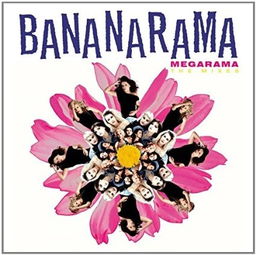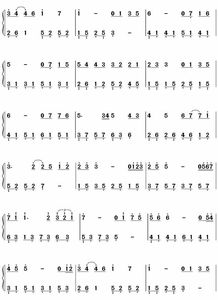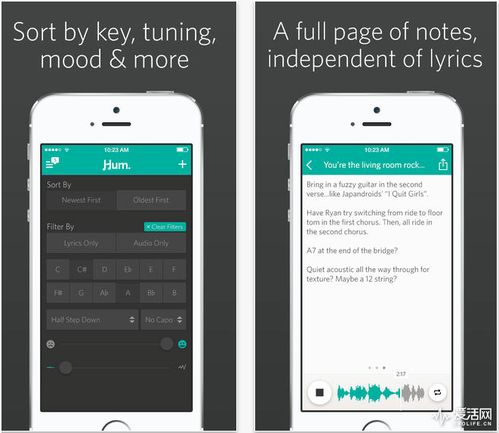cruel(cruel summer歌曲)
Cruel与Cruel Summer:词汇与音乐的深度探索
In the vast ocean of English vocabulary, "cruel" stands as a powerful word that carries a deep connotation of harshness and ruthlessness. This article delves into the nuances of the word "cruel," its usage, and its connection to the song "Cruel Summer." Through this exploration, we aim to enhance your understanding of both the linguistic and musical aspects of this term.
Understanding the Word "Cruel"
The word "cruel" is a fundamental part of the English language, used to describe actions, behaviors, or situations that exhibit a lack of compassion or kindness. Its roots in Old French, "cru," meaning hard or severe, reflect its essence. Here are the key aspects of "cruel":
Meaning and Usage: "Cruel" is an adjective used to describe something that is harsh, unkind, or violent. It can also function as a verb, meaning to treat someone harshly or unfairly.
Comparative and Superlative Forms: The comparative form of "cruel" is "crueler," and the superlative form is "cruelest." These forms allow speakers to express varying degrees of harshness, such as "more cruel" or "most cruel."
Related Words: Understanding "cruel" often involves distinguishing it from other similar words like "brutal," "bloody," and "inhuman." Each of these words carries slightly different connotations:
- Brutal: Focuses on extreme violence or savagery.
- Bloody: Often refers to violence that involves bloodshed.
- Inhumane: Relates to a lack of compassion, often in the context of treating animals.
Phonetics and Spelling: The word "cruel" is pronounced as /ˈkruəl/. In written form, it is spelled with a double "r" in its comparative and superlative forms, a feature that adheres to English spelling conventions.
The Song "Cruel Summer"

The song "Cruel Summer" is a notable piece in the annals of music history. Written and recorded by The Coasters, this rock and roll classic was released in 1961. The song's popularity continues to endure, making it a staple of classic rock radio. The track's enduring appeal lies in its catchy melody and powerful message.
The song's title itself is a masterstroke, as "cruel summer" evokes imagery of the harshness of summer, perhaps referencing the intense heat or the challenges posed by the season. The lyrics of the song, with their themes of love and heartbreak, further delve into the emotional depths of "cruel," illustrating the harsh realities of unrequited love.
The Significance of "Cruel" in "Cruel Summer"
In "Cruel Summer," the word "cruel" is used to convey the bitterness of unrequited feelings. The narrator sings about a lover who has left them, and the use of "cruel" emphasizes the pain and harshness of this rejection. This usage of "cruel" aligns with its primary definition, as it describes an action (the breakup) that is perceived as unkind or unfair.
The song's opening line, "Oh, cruel summer, cruel summer," sets the tone for the rest of the track, blending the imagery of summer with the emotional weight of the lyrics. The combination of these elements creates a powerful emotional impact, making "Cruel Summer" a timeless piece.
The Broader Implications of "Cruel"
Beyond its use in "Cruel Summer," the word "cruel" has broader implications in both language and culture. It serves as a descriptor for various forms of mistreatment, from interpersonal relationships to societal structures. Understanding "cruel" involves recognizing its usage in different contexts, such as in literature, film, and everyday conversations.
In literary works, "cruel" is often used to evoke strong emotional responses. For example, in the works of authors like William Shakespeare, the word contributes to the rich tapestry of human emotions. Its versatility allows it to be employed in a variety of settings, from describing natural phenomena to expressing personal experiences.
Conclusion
The word "cruel" is a cornerstone of the English language, offering a nuanced way to describe harsh or unkind actions and behaviors. Its usage in the song "Cruel Summer" illustrates its ability to convey deep emotional states, making it a powerful element of both language and music. By exploring the meanings, uses, and related words of "cruel," as well as its significance in cultural expressions like "Cruel Summer," we can gain a deeper appreciation for the richness of the English language and its impact on various forms of art.
相关文章:
文章已关闭评论!










